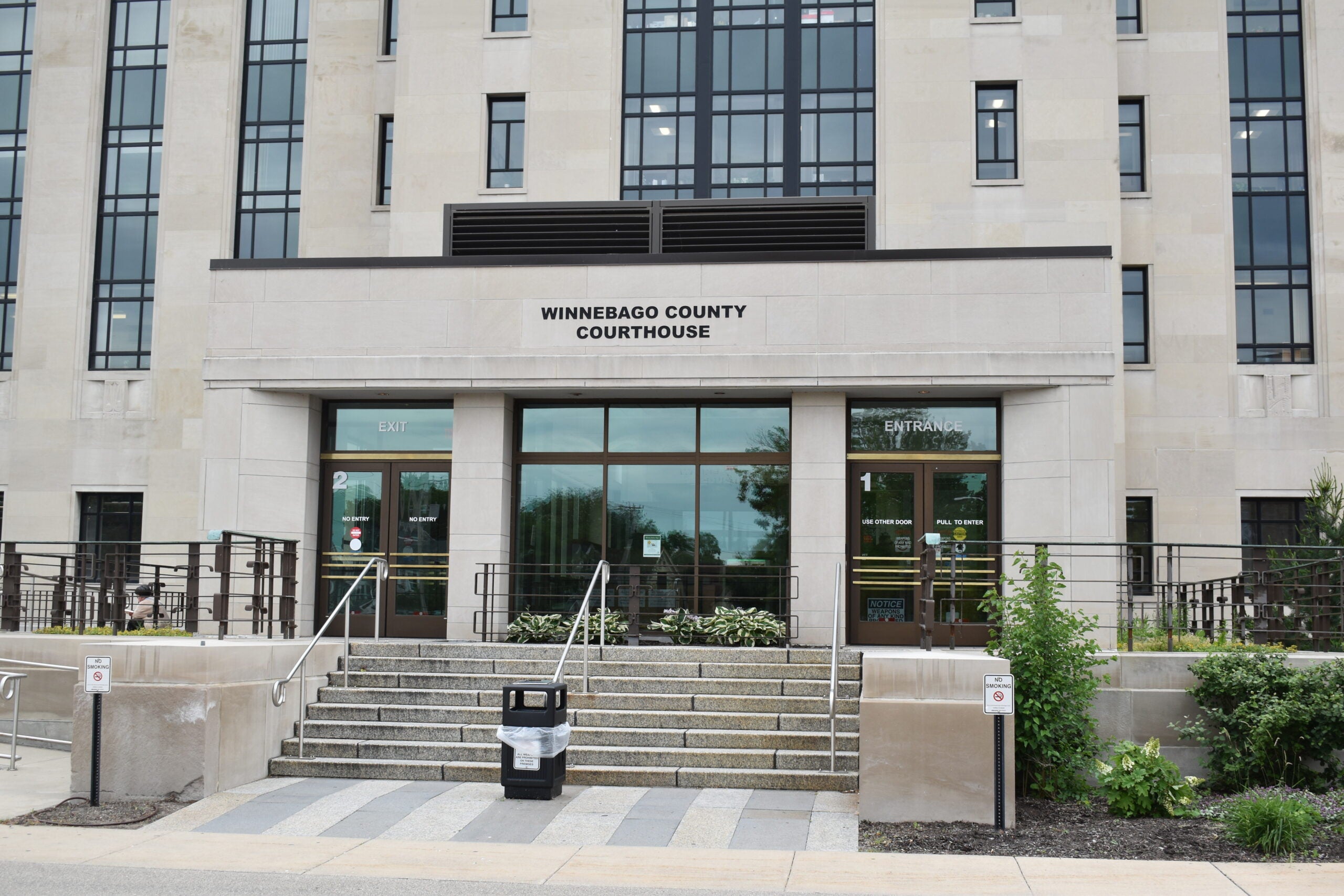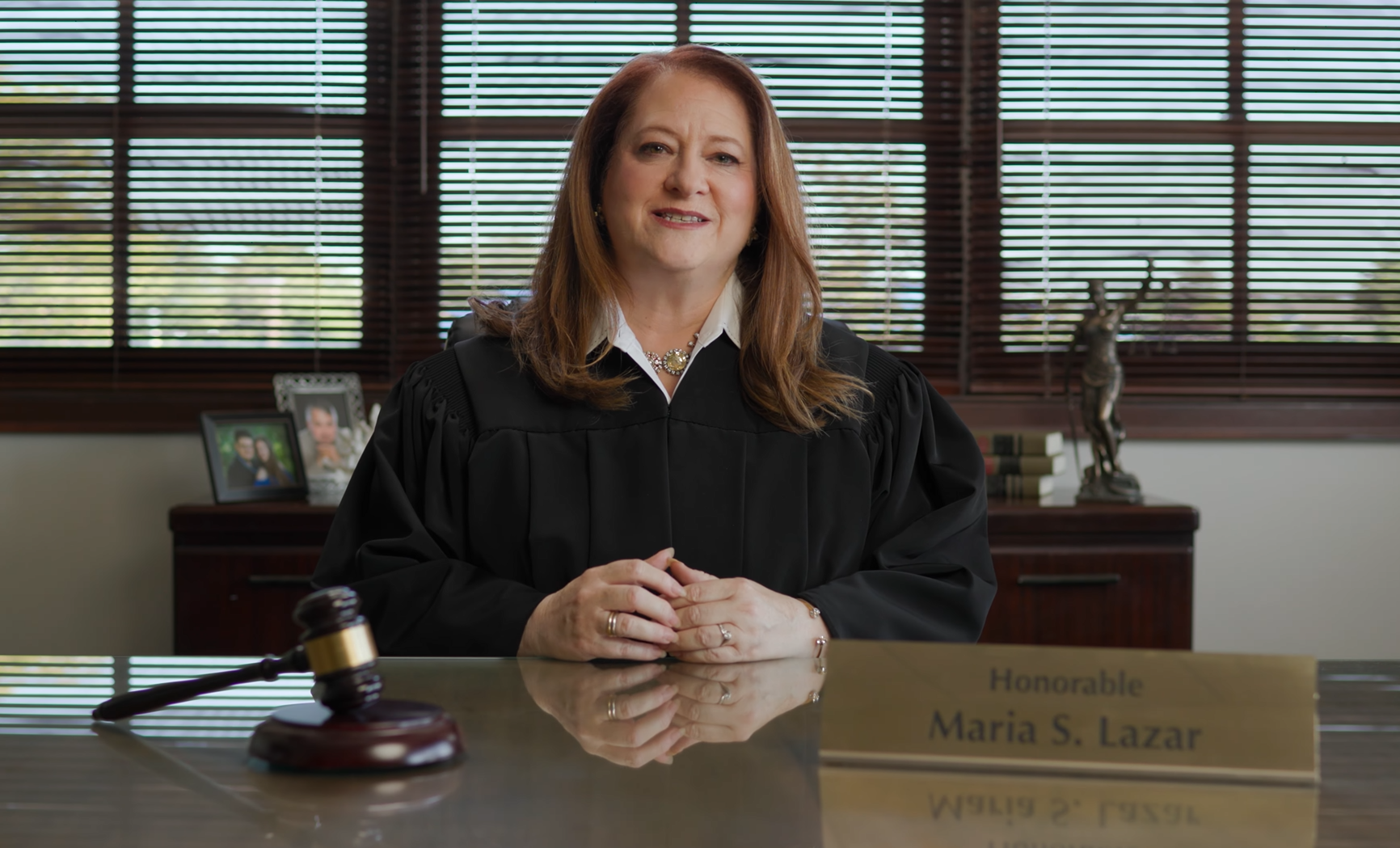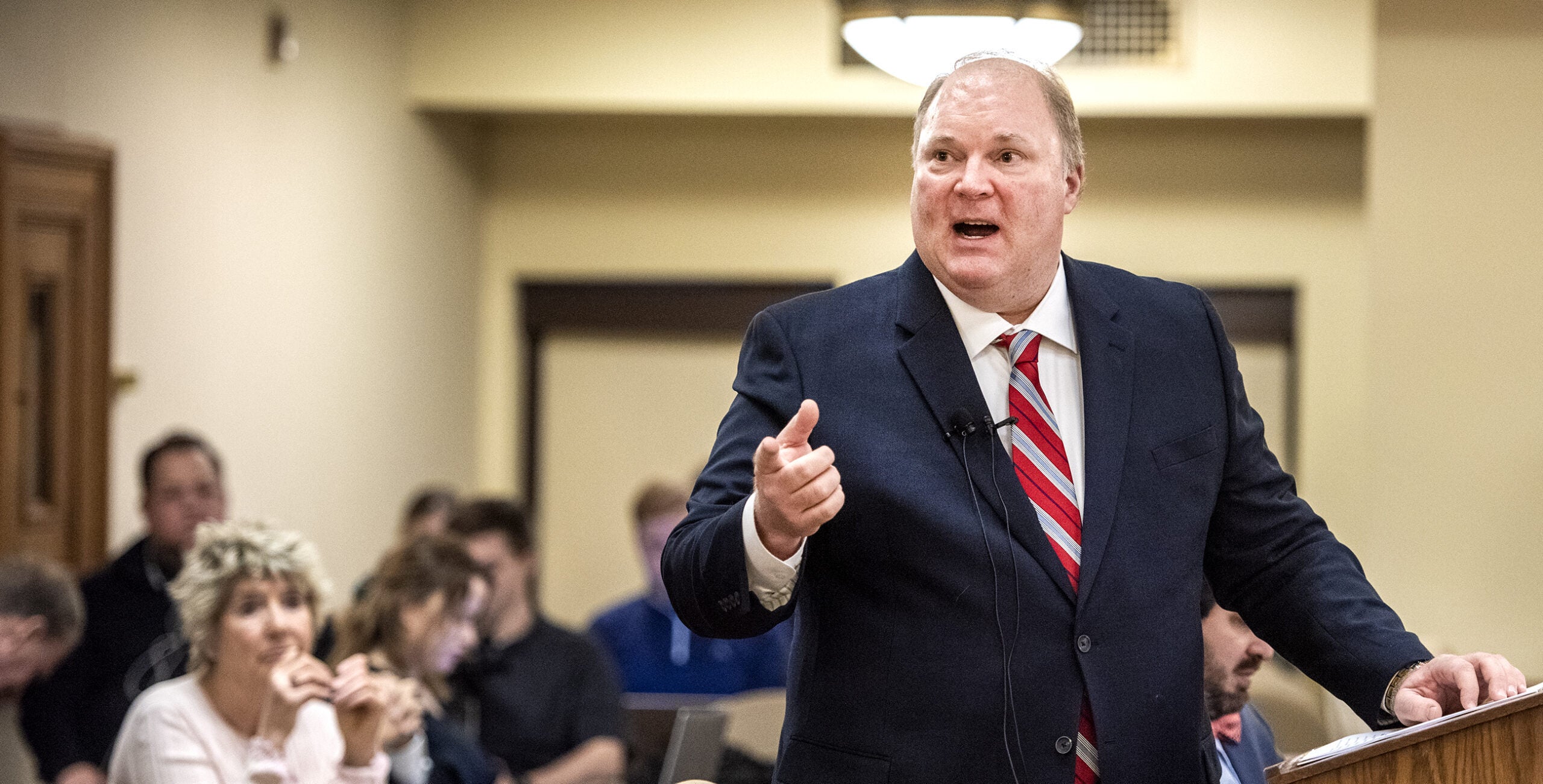The Wisconsin Supreme Court has created a committee to propose solutions for the state’s attorney shortage, which has been especially challenging for rural areas.
The committee is composed of representatives from the State Bar of Wisconsin, attorneys and judges from around the state, as well as deans at the state’s two law schools. Officials say chief judges from Wisconsin’s nine judicial administrative districts will help spearhead the effort.
Chief state Supreme Court Justice Annette Ziegler last week announced the committee was created to study the issue and make recommendations on how the state can address it.
News with a little more humanity
WPR’s “Wisconsin Today” newsletter keeps you connected to the state you love without feeling overwhelmed. No paywall. No agenda. No corporate filter.
The news comes after the state’s most recent biennial budget included pay bumps for public defenders and prosecutors. Those wage increases followed repeated warnings by the State Bar of Wisconsin that the shortage was so bad it was approaching a constitutional crisis.
The number of active attorneys in the state has decreased by more than 4 percent over the last four years, while the enrollment at both law schools in Wisconsin has decreased over the last five years, according to state court officials.
That trend has been more pronounced in rural Wisconsin. A 2021 report by the State Bar of Wisconsin found nearly half of the state’s lawyers live in the state’s seven most populous counties: Milwaukee, Dane, Waukesha, Brown, Racine, Outagamie and Ozaukee.
In fact, seven northern Wisconsin counties have no certified attorneys to take cases that State Public Defenders cannot, according to state court officials.
In a statement, Barron County Circuit Court Judge Maureen Boyle said the lawyer shortage has “reached crisis levels” in the northwestern quadrant of Wisconsin.
“In Barron County, there are no local lawyers who regularly accept public defender appointments, and we must rely on remote technology to ensure representation for those facing criminal charges,” Boyle said. “A lasting solution will require all justice partners to collaborate and coordinate efforts.”
Other officials in the state’s legal community shared similar sentiments. They told WPR the shortage of lawyers has created constitutional concerns around defendants’ rights to a speedy trial.
Kenosha County Circuit Court Judge Jason Rossell said he’s seen the effects of the shortage first hand, even though his jurisdiction includes the state’s fourth biggest city.
He said the delays criminal defendants are facing just keep “getting longer and longer,” and last year juvenile courts also struggled to find attorneys to represent clients.
“It’s really a tragedy, not only a constitutional tragedy because rights are being denied, but it is a tragedy because every day you don’t have an attorney going forward in these cases, evidence has been lost. Memories are fading,” Rossell said.
Rossell said the shortage has created burnout among lawyers who are actively serving clients, pointing to a young lawyer he knows who is working on five different homicide cases at once as an example.
“You wouldn’t want a tired and burnt out doctor, you don’t want a tired and burnt out lawyer either,” he said.
Rossell said student loan debt from getting a four-year college degree and then completing law school are also a challenge in getting more people to join the legal profession. Even at the state’s public law school at the University of Wisconsin-Madison, student debt can range from $150,000 to $200,000, he said.
Dean Dietrich, president of the State Bar of Wisconsin, said the challenge is even more acute in the state’s rural communities where it’s hard to recruit someone fresh out of law school because there’s a perception that practicing law in a big city is more lucrative.
“Frankly, young lawyers or newly admitted lawyers have the impression that they are not able to earn a successful living in a rural area,” Dietrich said. “We are working with law firms in rural areas to show that you can have a very financially positive law practice in a rural area. In addition, you can have a wonderful quality of life.”
Wisconsin Public Radio, © Copyright 2025, Board of Regents of the University of Wisconsin System and Wisconsin Educational Communications Board.






